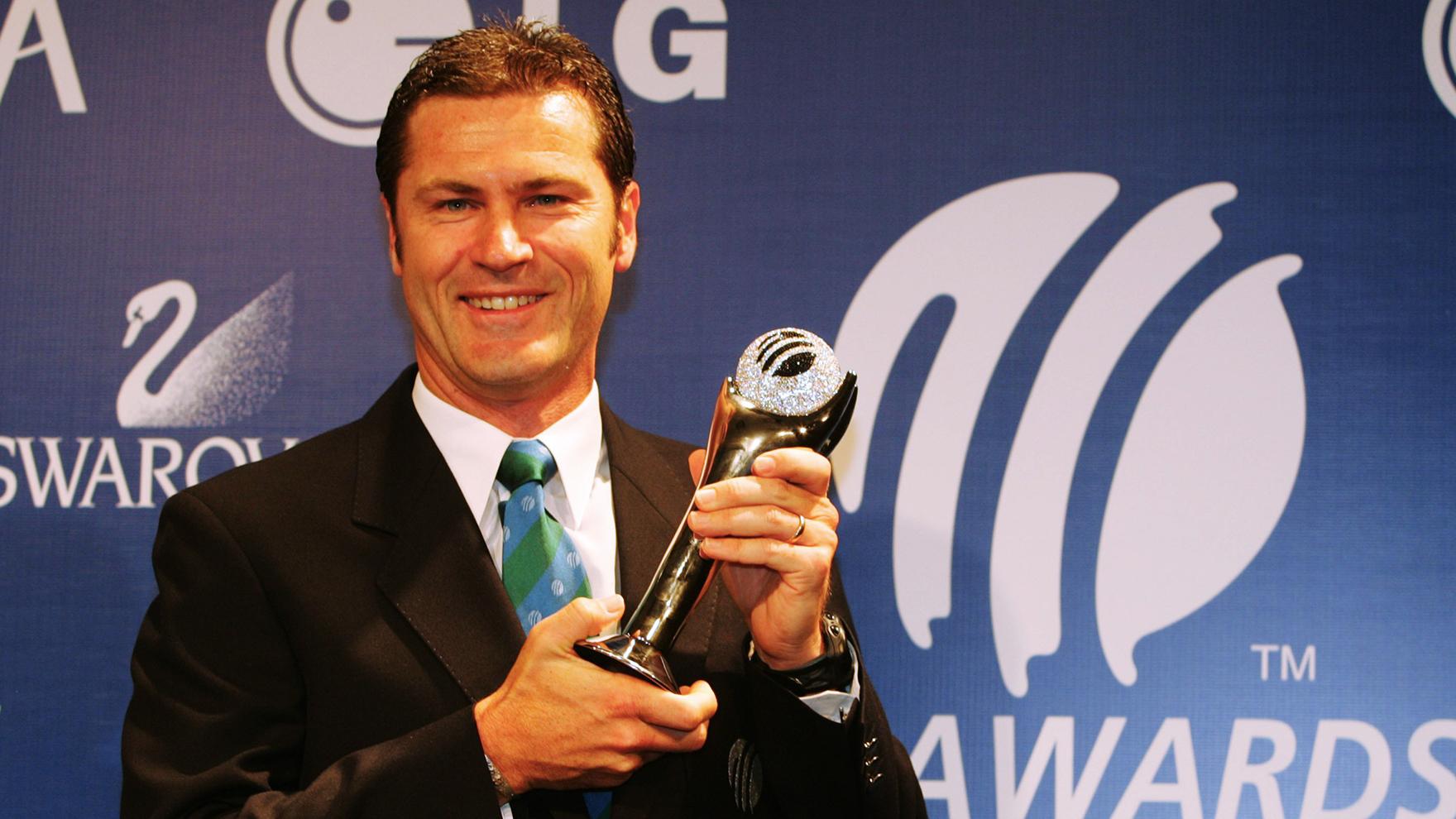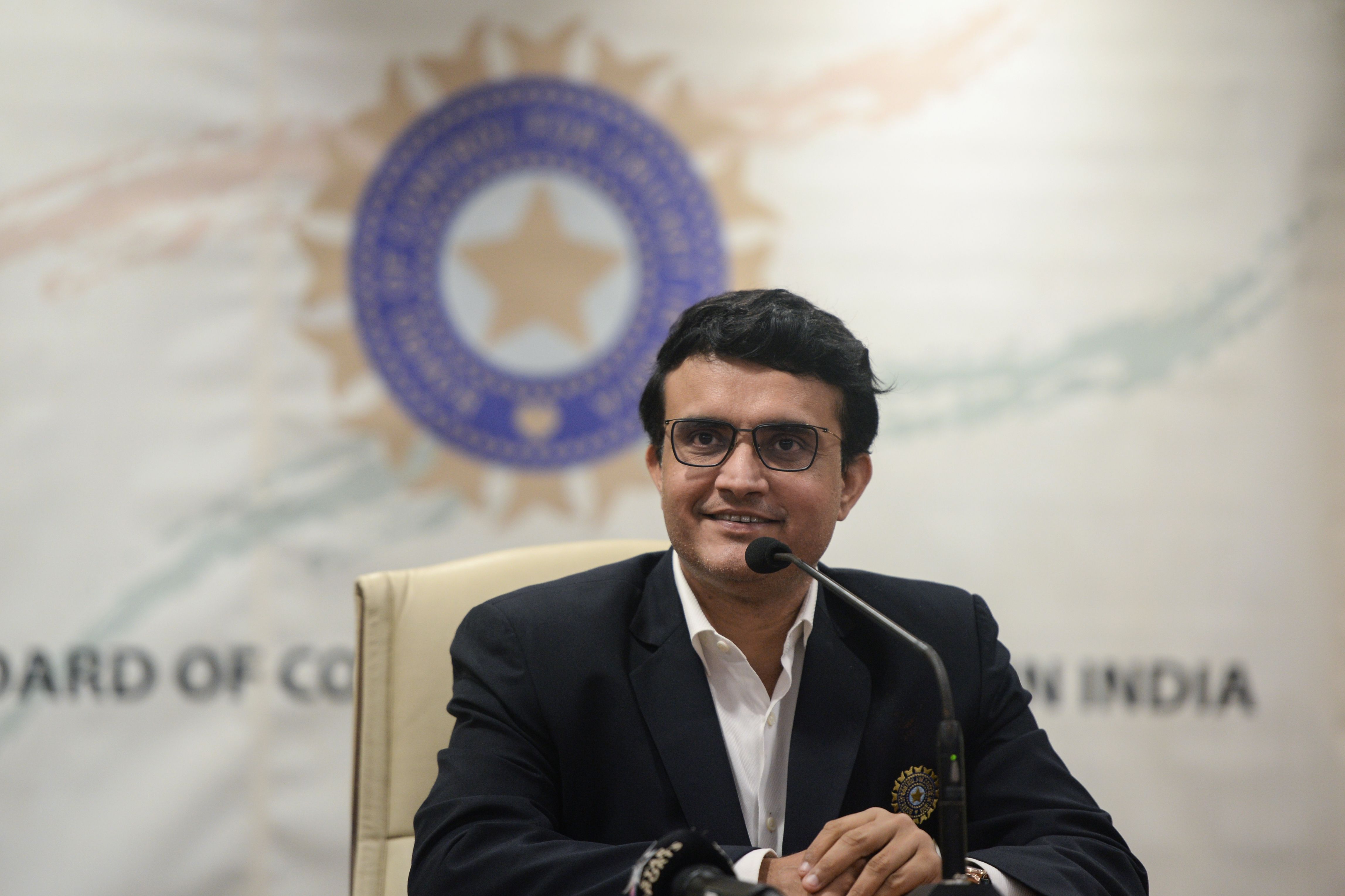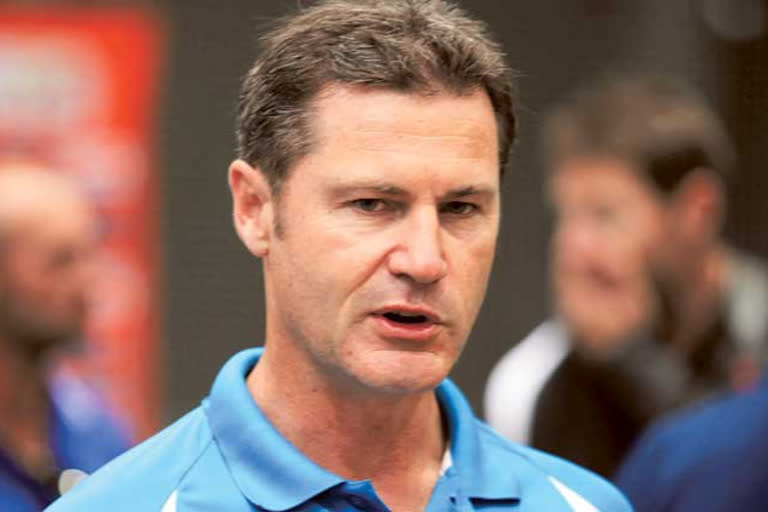Hyderabad: Legendary umpire Simon Taufel has expressed that it takes a decade to make a world-class umpire and BCCI need a structural review to get Indian umpires in ICC's elite panel.
S Ravi, who was India's representative on the panel since 2015, was removed earlier this year after officiating in 33 Tests, including the Ashes, 48 ODIs and 18 T20 Internationals.
"It does take 10 years to get to world-class. I remember when we started our programme in India in 2006 and finished in 2016, it took 10 years to get S Ravi into the elite panel," the now-retired Taufel, who was adjudged the world's no.1 umpire from 2004 to 2008, told media in an interview.

"So there needs to be a rethink (from the BCCI). I am not sure if there is anything wrong necessarily. They need umpires and Sourav Ganguly (new BCCI boss) perhaps is on the right path when he talks about strengthening domestic cricket and hopefully umpiring is part of that programme," he said.
Taufel said another Indian can't be expected in the elite panel anytime soon as the process "takes time".
The 53-year-old Ravi was only the second Indian to enter the 12-member ICC elite panel of umpires after S Venkataraghavan.
"...it is not just about the umpires themselves, it is about the structure and system. It is all about creating an environment where the umpires can grow. That means you need to have dedicated resources. You need to have an umpires' manager, umpires' coach, umpires' trainer," the Australian said.
"We also need to create an environment where people feel safe and there is a meritocracy," he added.
After his retirement in 2012, the 48-year-old Taufel served as ICC's umpire performance and training manager until October 2015.
Umpires are being scrutinised more than ever due to the increasing use of technology in the game, mainly the Decision Review System. In the past, Taufel has spoken about the extreme challenges of umpiring, maintaining that the art cannot be perfected.

Asked if he would have liked to be an umpire in this technology-driven era where each mistake is magnified, Taufel said: "Not necessarily. It is just the nature of the beast, you got to keep adapting to the changing environments."
"...if you look at comments made by Tim Paine (Australia captain) during the recent Ashes series, he spoke about how difficult it is for captains to get the reviews right, they have a greater appreciation for the umpires now. Umpiring is not for everyone. Technology also shows how many good decisions they make," he pointed out.
Taufel also stressed on the need for having best umpires in a Test match over two neutral umpires, which has been the norm since 2002.
"When we have neutral umpires and we don't care they come from and they make a mistake, we are not talking about where they are coming from, so the game comes first. It is not about whether the umpire is neutral or not.
"It is about whether he is doing a good job or not. It should be merit-based. Why have we got different policies for ODI and Test cricket? Shouldn't we be more aligned between the two formats?" asked Taufel.
In ODIs and T20s, one on-field umpire is usually from the host nation and the other one is neutral.



